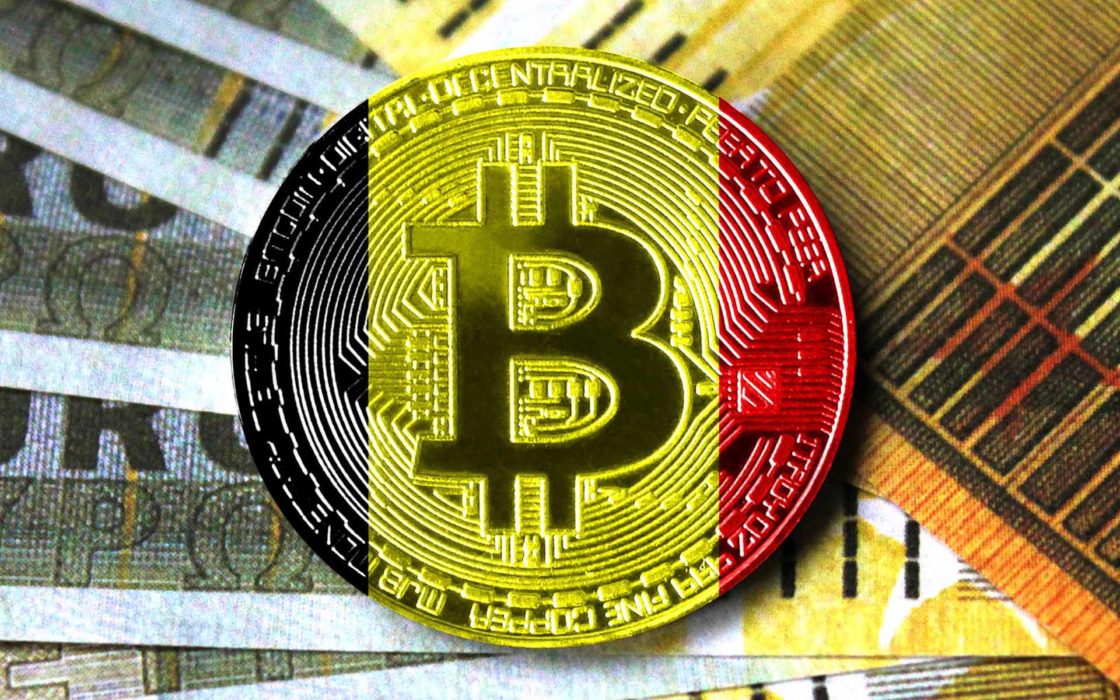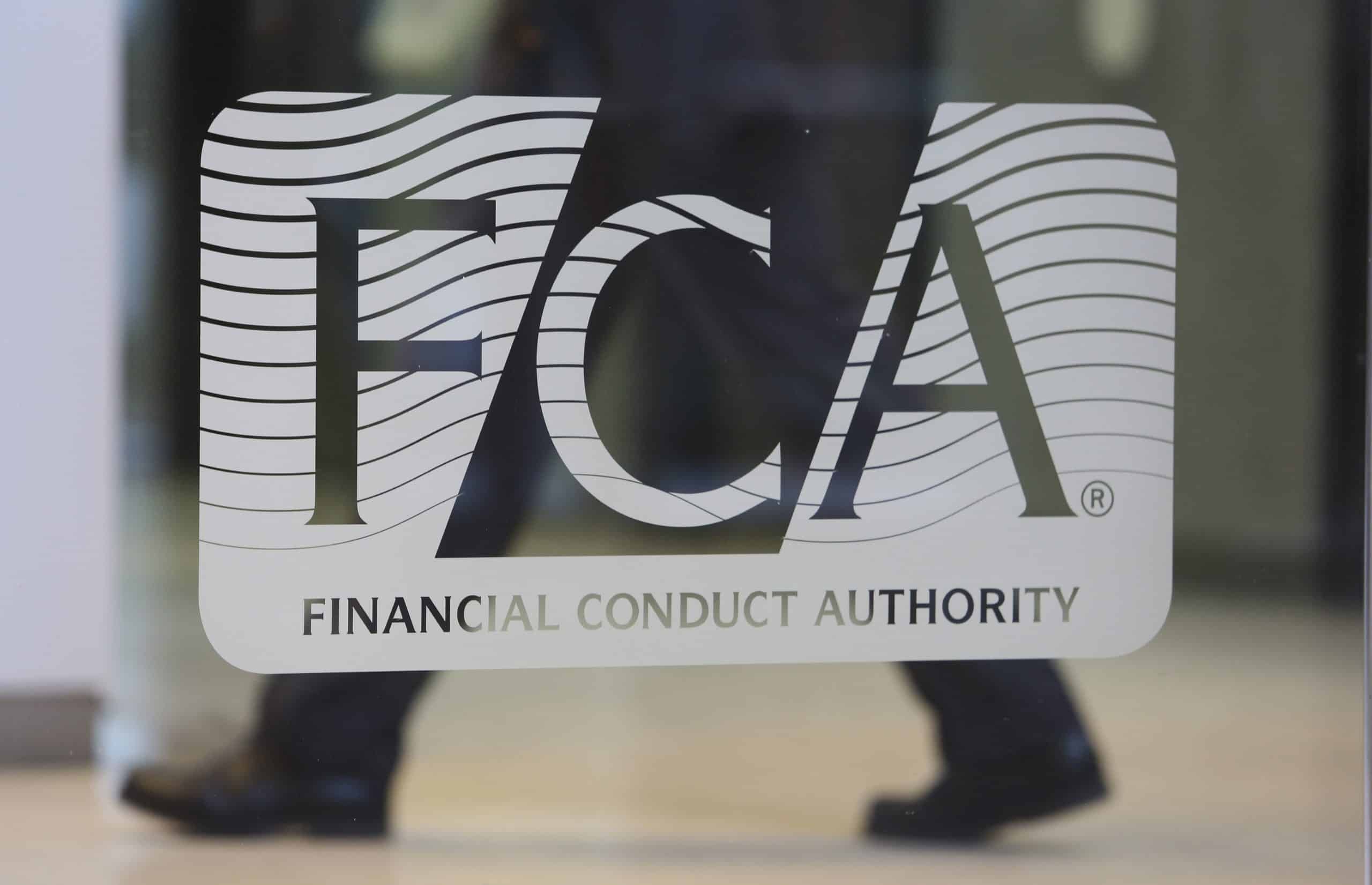Join Our Telegram channel to stay up to date on breaking news coverage
Belgium’s regulator, the Financial Services and Market Authority (FSMA), had made a troubling discovery this week. The regulator reported that crypto fraud, in particular, had cost the country a minimum of €10 million. This occurred between the time frame of May of 2019 and September of 2020, according to the financial regulator.
A few Common Tactics
As for how they do it, the FSMA highlighted the typical tactics that these crypto robbers and scammers adopt. The regulator highlighted the use of very aggressive tactics to try and persuade victims to make even larger investments, subsequently trying to coerce victims into allowing remote computer control to make payments.
Alongside this, FSMA highlighted how these scammers typically create fake advertisements that commonly use the images of celebrities without their knowing. From there, victims get lulled into a false security by these platforms pushing advertisements on social media. When victims show interest by clicking on it, these scammers call them to discuss a fraudulent investment offer.
Many Dangers Out There
Aside from the use of cryptocurrencies, such as Bitcoin, these online robbers further leverage other investment scams, such as contracts for differences (CFDs) and forex products. These products can be traded in markets with commodities and shares.
The FSMA had already given out warnings regarding the potential for scams and frauds within the crypto space, doing so back in 2018. Ever since, however, the regulator had added warnings for fake credit letters to its list of criminal investment offerings. For this fraud, in particular, the regulator states that malicious parties claim to offer favorable loans, but steal money from the victims instead. FSMA gave further warning regarding fraudulent alternative investment and wealth management scams, as well
UK Trying To Keep Things Under Control
This rampant amount of scams stands as one key reason why the UK’s main regulator, the Financial Conduct Authority (FCA), had banned the marketing, sale, and distribution of both ETNs and crypto derivatives for retail clients. This ban will be taken into effect on the 6th of January, 2021.
As other justifications, the UK watchdog cited several reasons for this ban, including the “lack of inherent value,” which all mainstream regulators cite, as well as more justifiable risks of rampant volatility. Alongside this, the regulator highlighted that most people typically hold an inadequate understanding of crypto systems.
It seems that, with the level of money flowing through it, fraud was simply a matter of time. It’s up to the watchdogs to try and regulate the use of crypto in such a way to allow for profitable trades while protecting those not versed in the financial world enough to be wary.
Join Our Telegram channel to stay up to date on breaking news coverage



